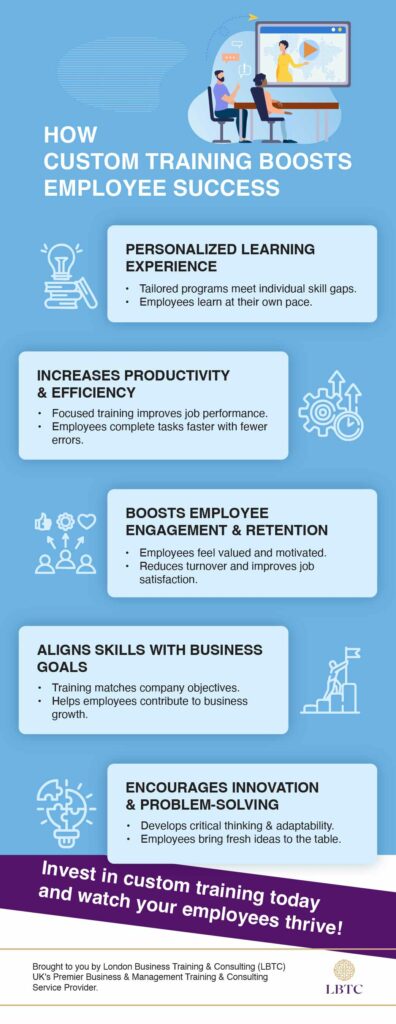
In recent years, education and professional development have undergone a massive digital transformation. The incorporation of technology in learning has personalised learning not just a possibility but a standard of expectation. Today, individuals no longer follow a rigid structure, one-size-fits-all approach. In fact, individuals are known to get more advantages from a customised experience that suits their desired goals and needs.
It is important to remember that the heart of this transformation is technological advancement, which impacts how knowledge is delivered and consumed.
Learning Journeys Based On Data
One of the best ways technology makes personalised learning is via the use of data analytics. Learning management systems (LMS) and educational platforms can easily track the progress of new learners to identify their strength and weaknesses. Such kind of real-time feedback helps both learners and instructors, which helps them to make informed decisions, which ensures that every student receives good support when needed.
With such a great data-driven personalisation, which enables every organisations to deliver bespoke training programmes that aligns with employee roles, career paths, and performance gaps. Rather than generic sessions, new learners receive relevant content, that engaging, and impactful.
AI and Adaptive Learning
Artificial Intelligence (AI) plays a pivotal role in driving adaptive learning systems. These platforms assess learner behaviour and automatically adjust the difficulty, pace, and type of content presented. Whether a learner prefers videos, interactive quizzes, or text-based materials, AI can customise the delivery format for optimal engagement.
This kind of adaptive system empowers learners to move at their own pace. Fast learners can accelerate through content without unnecessary repetition, while others can revisit challenging areas until they achieve complete comprehension—something traditional classrooms often cannot accommodate.
Increased Accessibility and Flexibility
Technology breaks the geographical scheduling barriers. Learners can easily access any content from anywhere with the help of cloud-based platforms and mobile apps. This supports continuous learning while working, this helps professionals upskill without disrupting any your set routines.
With remote working becoming more common, bespoke training can be delivered with the help of digital platforms make sure employees get consistent, high-quality learning content irrespective of their location. This is especially beneficial for worldwide teams or organisations with overall distributed workforce.
Interactive and Immersive Experiences
The advanced technology now offers far more than just static eLearning modules. Interactive simulations, process, and virtual reality (VR) tools that generate immersive experiences that highly drive engagement and deepen understanding. Learners are not just passive recipients; in fact, they are active participants in their learning journey.
All these advanced tools also make it faster to create similar real world scenarios, which helps professionals gain hands-on experience in a safe environment.
Conclusion
Technology is going to get more and more evolved with coming time; therefore, personalised learning will become even more popular and smart. Using wearable devices, and predictive analysis is going to allow training to be adjusted as per the mood and focus levels of the employee. For big companies, investing in bespoke training with modern techs is not just about innovation, but it’s about rightly equipping their workforce with the appropriate skills required to flourish in a dynamic and rapidly evolving world.


Leave a Reply